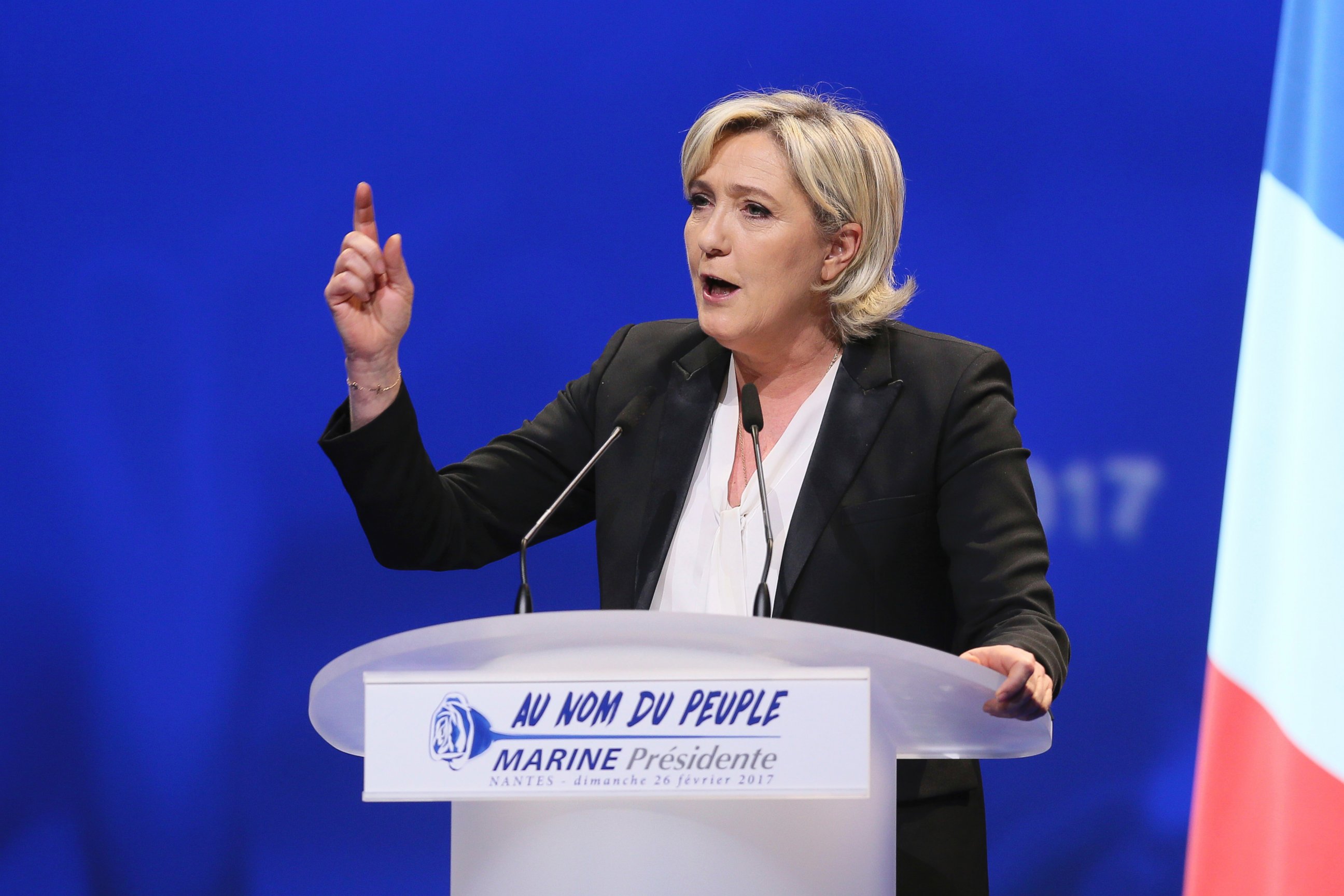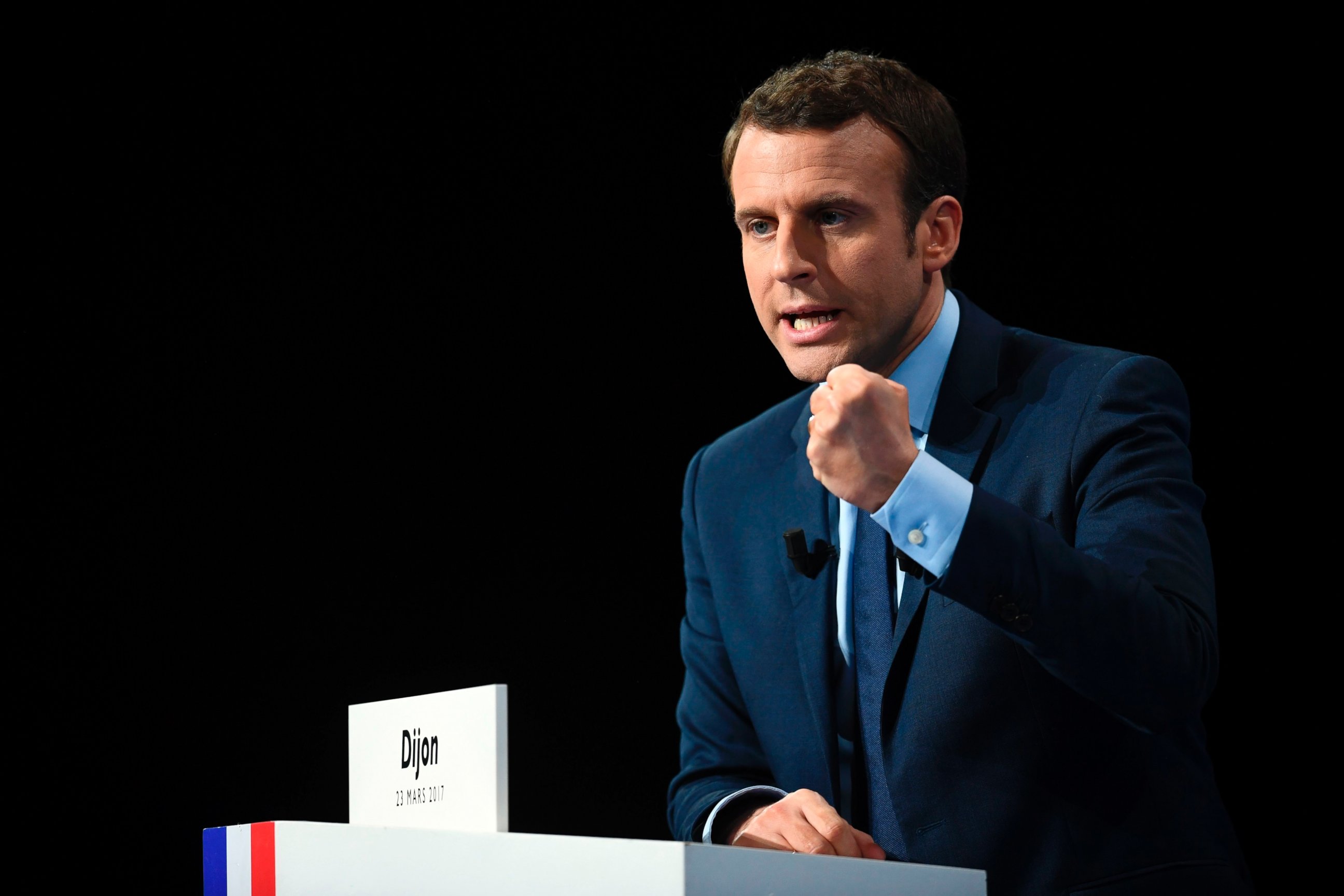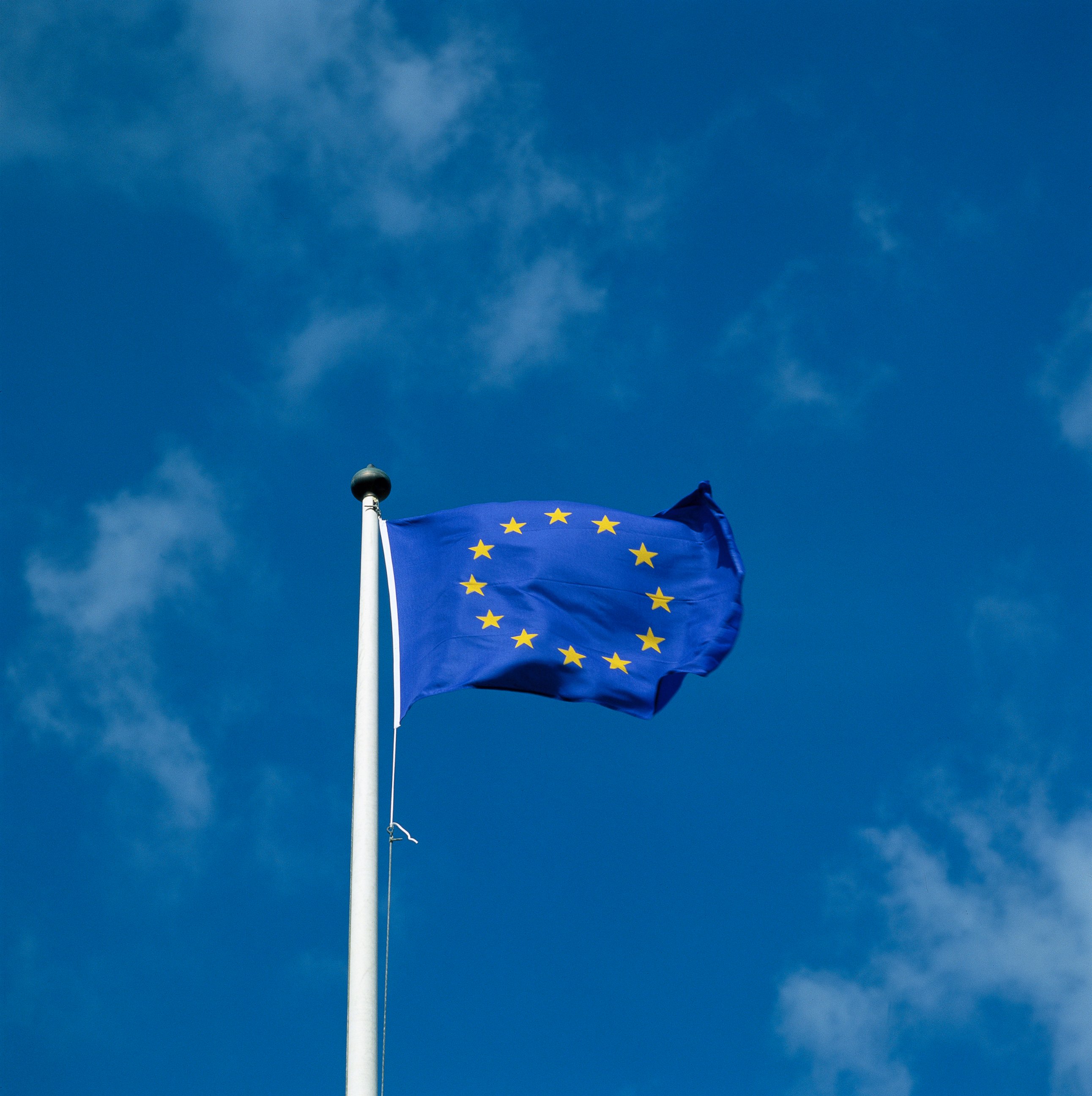France's choice: European globalism or populist nationalism
Macron is seen as the favorite to win, but populism lives on.
— -- Centrist Emmanuel Macron and far-right populist Marine Le Pen appear to have won the first round of France’s presidential election.
They now advance to a second round vote that will held on May 7.
And the choice for France could be one of the most consequential in decades, analysts say.
At stake, analysts say, is nothing short of the direction of Europe and the European Union, with the two candidates offering starkly different visions for the future of France and its role on the world stage.
Here's a look at the two candidates who will almost certainly be on the ballot.

Le Pen: The Donald Trump of France?
Le Pen leads France's far-right Front National party and was seen as a front-runner during the lead-up to the first round vote.
She has been propelled by similar political forces that saw the British vote to Brexit, or leave the European Union, and Donald Trump win the U.S. presidency in November.
Trump hinted before the first-round vote that he favored her over the other candidates.
Ethnic and religious tensions have been stoked by repeated terrorist attacks. Unemployment has been stuck at around 10 percent for nearly five years. France's economic growth was meek in 2016 — estimates put it just above 1 percent. These factors are driving frustration and anger in large parts of the country.
She has taken a strong stance against illegal immigration and championed anti-globalist sentiments. Le Pen has also proposed a referendum on France's membership in the E.U. Many have dubbed the hypothetical vote Frexit.
Analysts have said that Le Pen being elected would pose an existential threat to the European Union — the bloc of European democratic states that grouped together after World War II with the aim of preventing future strife.
"A Le Pen win would call into question the future of the entire European project," Erik Brattberg, the director of the Carnegie Endowment for International Peace's Europe program, told ABC News. "Her anti-EU, anti-immigration and anti-globalization stance would put her starkly at odds with whoever is elected the next chancellor of Germany, France's most important partner in Europe."
It could also be damaging to U.S. interests, according to Brattberg, who said, "Le Pen would seek to reorient French foreign policy away from the U.S. and NATO and towards Putin's Russia."
An anti-establishment candidate but not an outsider, Le Pen comes from a family that has enjoyed the political spotlight for decades — if not very successfully. Her father ran for the presidency five times.
The elder Le Pen led the Front National before his daughter, and his reputation continues to haunt her candidacy. He was widely rebuked for calling Nazi concentration camps "a detail of history." Marine Le Pen has denounced these remarks.
Even if she doesn't pull off a victory in two weeks, Le Pen "would be well positioned to make another run next time around," Brattberg said.

Macron: France's own Justin Trudeau?
French voters have another choice: centrist and political newcomer Emmanuel Macron, a 39-year-old political neophyte who has been likened by some to Justin Trudeau of Canada..
Macron was the country's economy minister up until he quit in 2016, the same year he formed the En Marche! party. He has never held an elected office.
Unlike Le Pen, Macron is pro-Europe and made that clear in his victory speech after the first round vote.
"Macron would pursue a centrist approach, working closely with Germany to reform the eurozone and the EU," Brattberg said.
His political platform earned him the tacit support of former President Obama, who called Macron to wish him well before the first round vote. Obama's spokesman was quick to note that this was not a formal endorsement; however, the two are seen as political allies.

Populism remains ... popular
Heading into the second round of voting Macron is seen as the favorite to win. But similar predictions were made before the Brexit vote and U.S. election this fall.
Populism appears to be a driving force propelling far-right and far-left candidates and their ideas in major elections around the Western world over the past few years.
"The fact that some 40 percent of French voters opted for far-right or far-left candidates with anti-EU and anti-globalization agendas means that populism is alive and well in Europe," Brattberg said.
"Given the strong dissatisfaction with the status quo across Europe, there is no reason to think we have seen a peak populism moment yet," he said.




